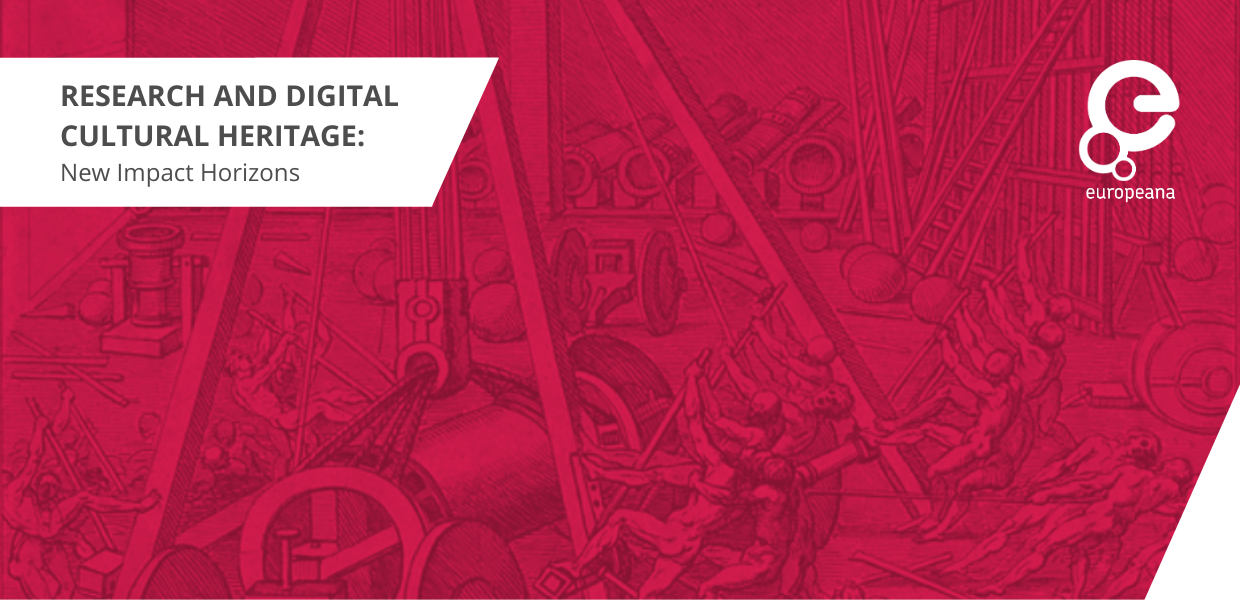The Europeana Impact Playbook was conceived to support cultural heritage professionals in designing, measuring and narrating impact. Since its first release in 2017, it has also caught the attention of researchers in the Social Sciences and Humanities, together with organisations like LIBER and infrastructures like DARIAH. This interest has pushed Europeana to start considering how the Impact Playbook could help planning research or assessing research outcomes, also as a significant portion of Europeana’s network is composed of professionals who work in academia and research. We want to bring the impact and research perspectives together and encourage the respective communities to work together in a two-day symposium, which will be held on 11-12 May 2021.
The programme
The programme has been designed by the symposium scientific committee, which considered a range of the implications that building digital collections and their reuse have: from the choices made by cultural heritage professionals in directing their efforts and resources, to the opening up of research practices for community participation and non-specialist contributions; from the obstacles to creating impact through cultural heritage resources (such as lack of digital literacy or inequalities), to the need for including the perspectives of digital audiences in the cultural heritage discourse.
We tried to strike a balance in offering an ambitious, full and diverse programme, while using an agile structure that reflects the potential and limits of digital events. It will cover topics such as policy and innovation; practices of digitisation and re-contextualisation; participatory practices and methods in engagement and impact assessment; digital audiences and new socio-political perspectives. 20 speakers will share their insights and diverse experiences across four 90 minute sessions, two in the morning and two in the afternoon. This will allow the participation of professionals from different time zones.
Our goals
Our aim for this symposium is to develop an understanding of how the Europeana Impact Framework can help build capacity in research contexts and so, more broadly, what value thinking about impact can bring to them. The event is the start of a wider conversation looking at three longer-term objectives: to scope potential areas of impact and identify audiences; to find a shared language for impact and grow an evidence basis; to explore how Europeana and research infrastructures can structurally collaborate to develop an impact-oriented approach.



